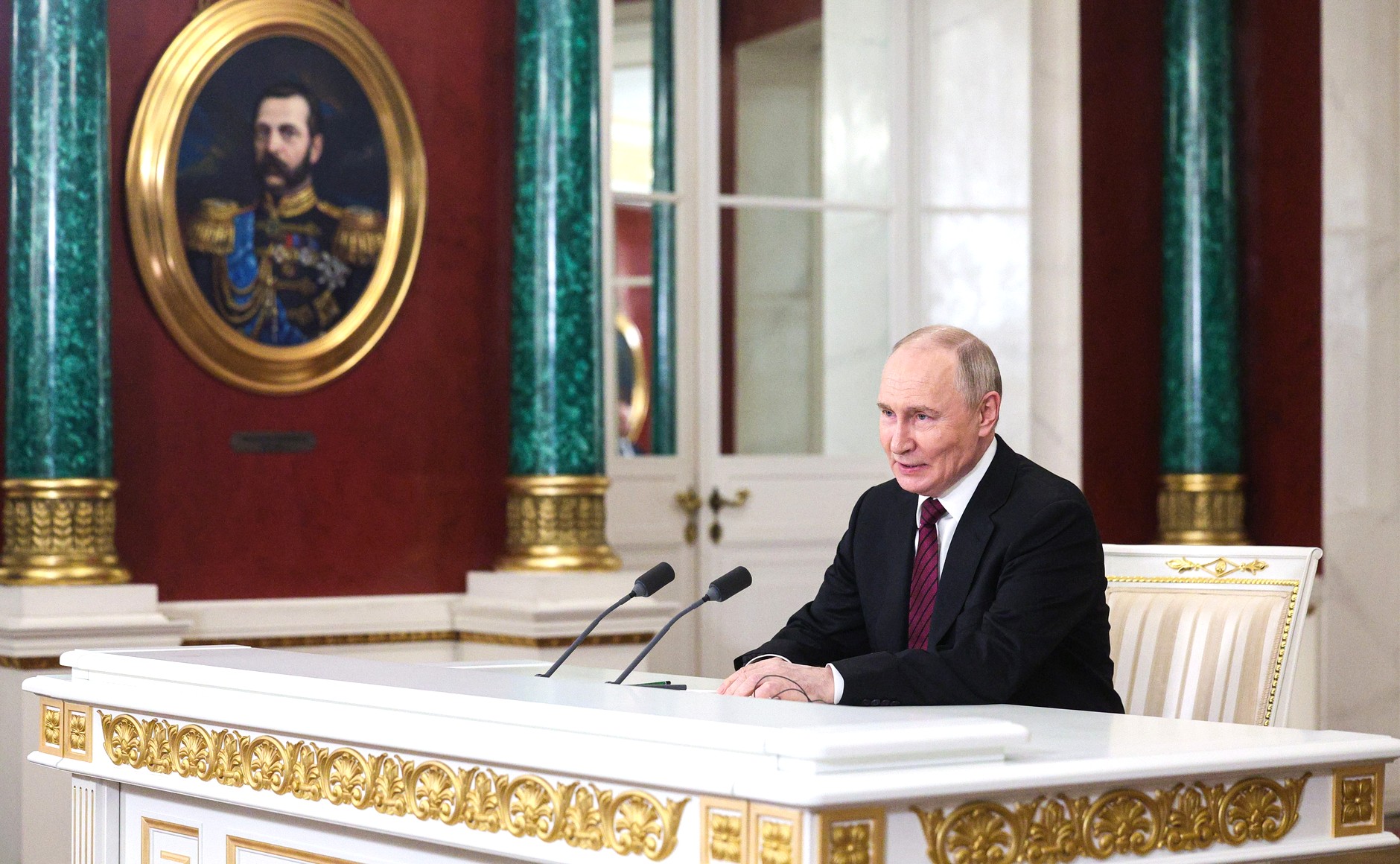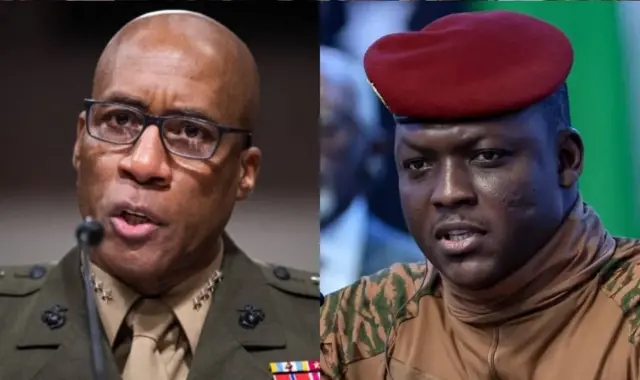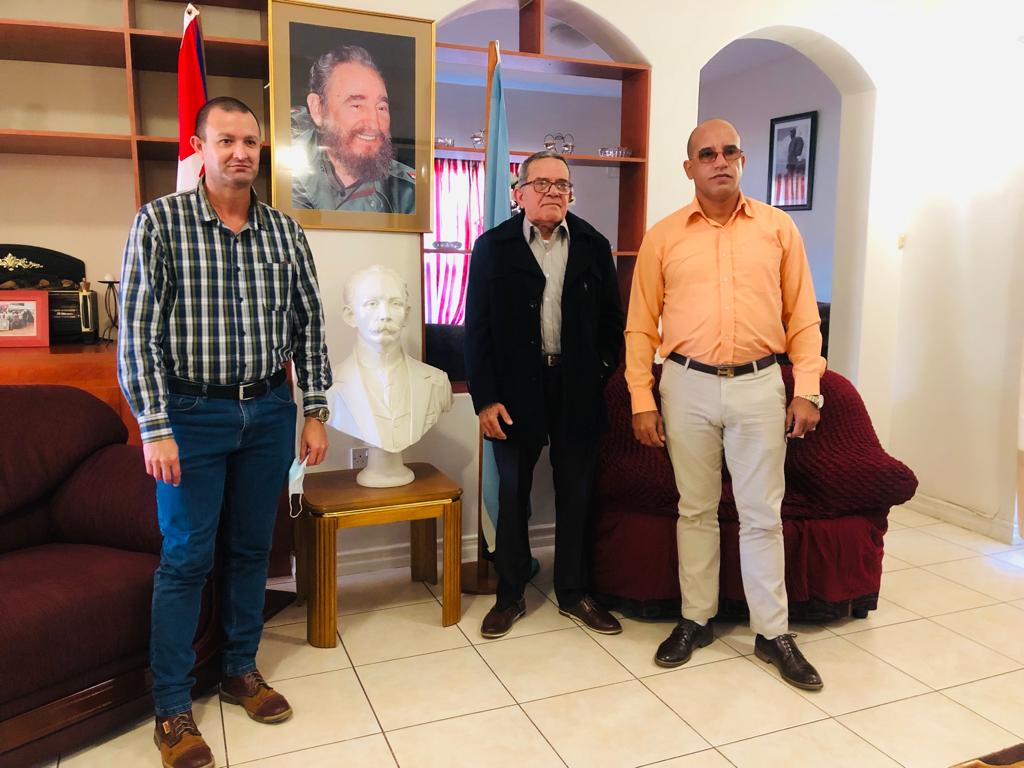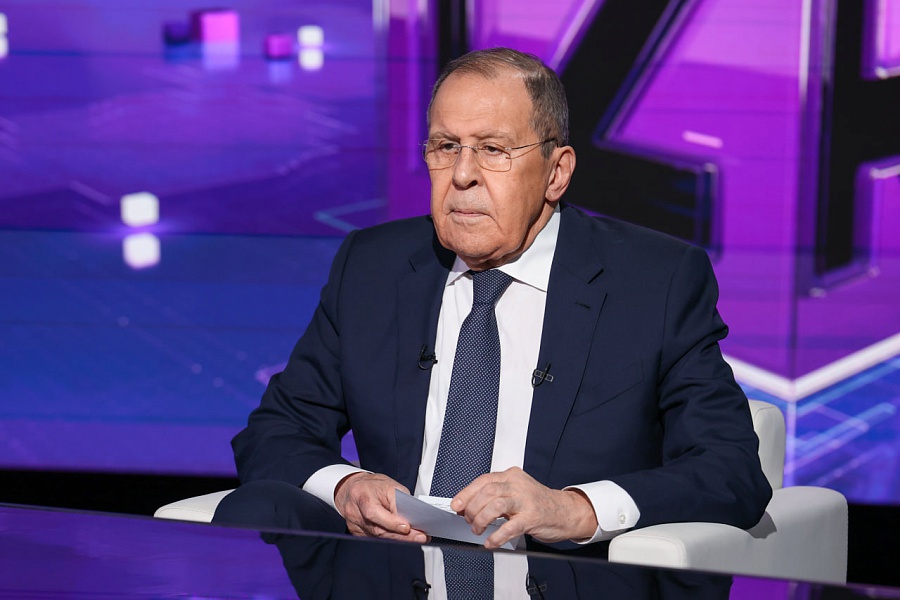
Dr. Liam Kadel, Dr. Annerys Sanchez, Dr. Leonel Suarez, Dr. Carlos Manuel Oro and Ambassador Patricia Pego Guerres celebrating Cuba's National Day of Rebellion in Gaborone
Thato Mouwane
The Pan Afrikanist Watchman
July 26th marked the day when Fidel Castro led a group of revolutionaries to attack the army barracks of Moncada in Santiago de Cuba and the military garrisons of Carlos Manuel de Cespedes in Bayamo, initiating the Cuban revolution.

Yesterday marked the 68th anniversary of Cuba’s National Day of Rebellion. Many Cubans took to social media to pay homage to the revolutionaries.
Cuban Ambassador to Botswana H.E. Patricia Pego Guerra indicated Sunday morning during a press brief that although the bravery of the attacks resulted in military failure due to numerical disadvantages and inadequate weaponry, it can be seen as a victory as it provided the revolutionary movement, soundness, and public brazenness both inside and outside Cuba.
“The events marked the path of a struggle and construction of a more just society”. She emphasized that the Cuban people need to face present difficulties with the same drive and determination, as the martyrs and heroes of the combative actions 68 years ago.
This willpower can be observed in Cuba’s education system which has made the country one of the frontrunners in relation to the exportation of medical personnel, “an invaluable commodity”, according to Dr. Liam Kadel, the national coordinator of the Cuban Medical Team in Botswana.
A young Motswana graduate Dr. Ambrocia who studied in Cuba concurred with Dr. Kadel that improving the education system could conquer Cuba’s undergrowth.







